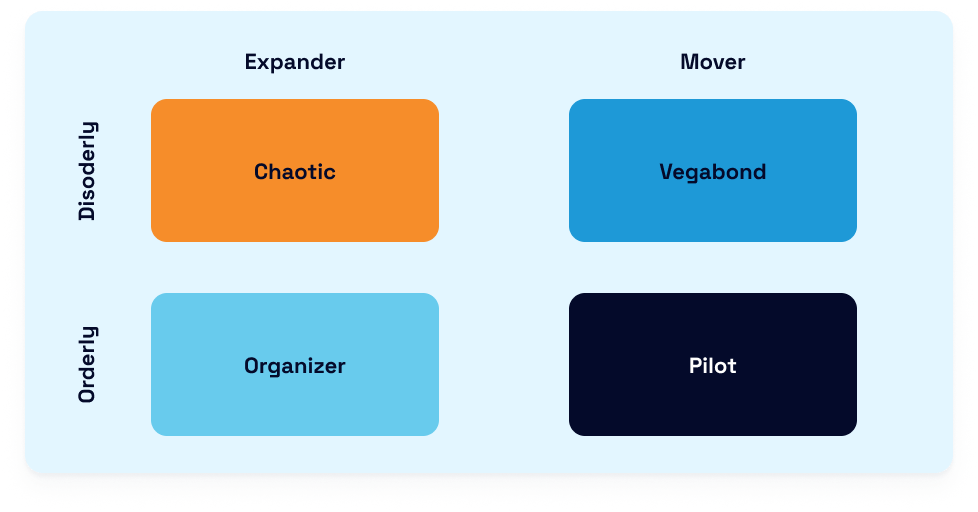Qualitative Research Services
Cascade Strategies has a particular strength in qualitative research, having served a variety of clients and produced stunning insights that have improved their brands.
We are currently conducting the following types of projects for clients:
- Focus groups
- Depth interviews
- Ideation sessions
- Ethnographic studies
- Observational studies
…and much more.
For more information on our qualitative capabilities, please contact Mr. Jerry Johnson, President at (425)677-7430. Or e-mail him at cascade@cascadestrategies.com.
Account Planning
We have developed a reputation for excellence in the area of Account Planning. What’s that?
Account Planning is an approach to focus groups, depth interviews, and other qualitative methodologies that digs deep for a key insight about the target audience that simply can’t be discerned by traditional approaches. This key insight deals not only with what the consumer thinks in a rational sense about the brand, but also with how the consumer feels toward the brand — what the consumer holds in the mind and heart, as opposed to just the mind.
Here are some examples of what we mean by “key insight.”
|
It really takes more work — deeper thinking and more incisive analysis — to come up with the findings in the right column. Classic focus groups can give you the findings in the middle column.
The findings in the middle column can inform you, but they cannot inspire you. They cannot encourage you to take your brand strategies and brand communications to a higher level. In each of the three cases above the insight on the right was used for brand communications, and these communications were taken to a higher level — one that’s more evocative and causes stronger resonance with the target audience.
What Are The Elements of Account Planning?
There’s really nothing tangible that makes Account Planning different from classic qualitative research. Account Planners still use focus groups and depth interviews, for example. What makes Account Planning different is the way the process is conducted and the kind of analysis that’s applied to the information.
The Process
Account Planners try to be as creative and imaginative as possible in conducting the focus groups. For example, one planners asked focus group respondents to bring in a picture of the fruit or vegetable the respondent thinks he/she most resembles. Odd? Perhaps, but the insight that emerged from those groups led to a communications campaign that won a Gold Effie for Communications Effectiveness from the American Marketing Association.
Those who are familiar with Account Planning have come to understand that the following parts of the process are often unorthodox, but they tolerate these idiosyncrasies because of the stunning results they have seen from the Account Planning process:
- Moderator’s guide sometimes looks different
- Focus group room setup is sometimes not standard
- Props and stimuli are sometimes unconventional
- Debrief format is nonstandard
- Client is often asked for pre-group input which is not perfectly normal
- Respondents are sometimes asked to do pre-group exercises.
Analysis
Some of the best Account Planners are trained in Sociology, Linguistics, and Cultural Anthropology. Why? Because these academic disciplines teach them that what you see is not always what you get.
Account Planners learn not to take everything respondents say literally, and they have an effective and consistent approach to interpretive analysis — getting the meaning out of what respondents say by paying close attention to a host of secondary issues such as:
- Body language
- Tone
- Demeanor
- Context
- Diction
- Syntax
- Cadence.
A couple of decades of experience at this and Account Planners get to be quite good interpreters. It’s this interpretive skill that allows us to arrive at a statement like: “the ‘Garden Botanika’ woman feels she has been set free from the tyranny of the department store cosmetics counter.”
To discover something like this, you have to know how to ask the questions. What’s really important? What do you follow up and not follow up in the focus group? How much depth should you seek on a particular topic? How do you know you’ve hit on a fruitful topic? When do you back off?
Account Planners have honed these skills to a high degree. These skills make up the art and discipline of Account Planning.
Presentation of Results from Account Planning
Account Planning findings must be made understandable and useful for people who are not necessarily research-oriented. Audiences for Account Planning reports are less often the sophisticated brand managers and more often the marketing trench warriors who insist that it make sense to them. To make the results make sense, complex material must be reduced to simple building blocks. Here is an example from the self-storage category.
This kind of visual allowed the planner to say: “Your brand champion is in the top left corner. His/her beliefs and motivations are . We should direct our primary brand communications to this person.”

Tell us how we can help you
Cascade Strategies can serve your market research needs from the most straightforward to the most sophisticated project. Don’t hesitate to contact us to tell us about your next project, or your overall research needs in general. You can call (425) 677-7430 and ask for Jerry, Nestor, or Ernie. Or send us an email at info@cascadestrategies.com. We’ll get back to you quickly!
subscribe


